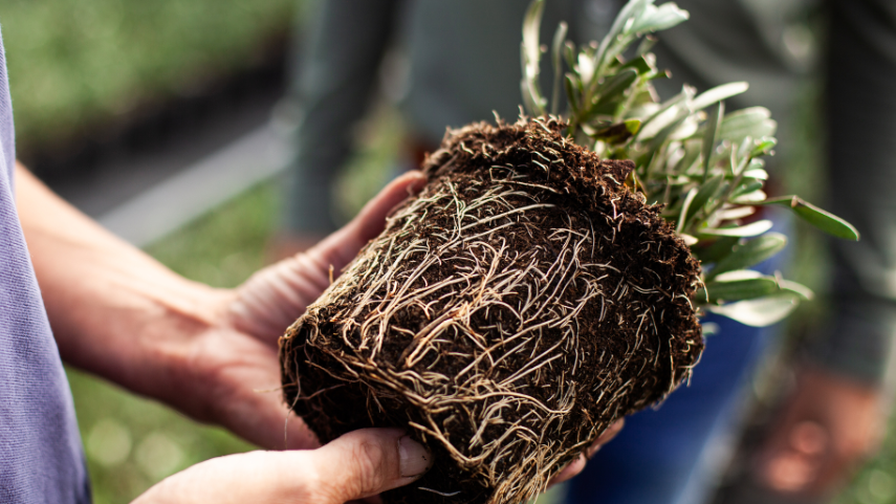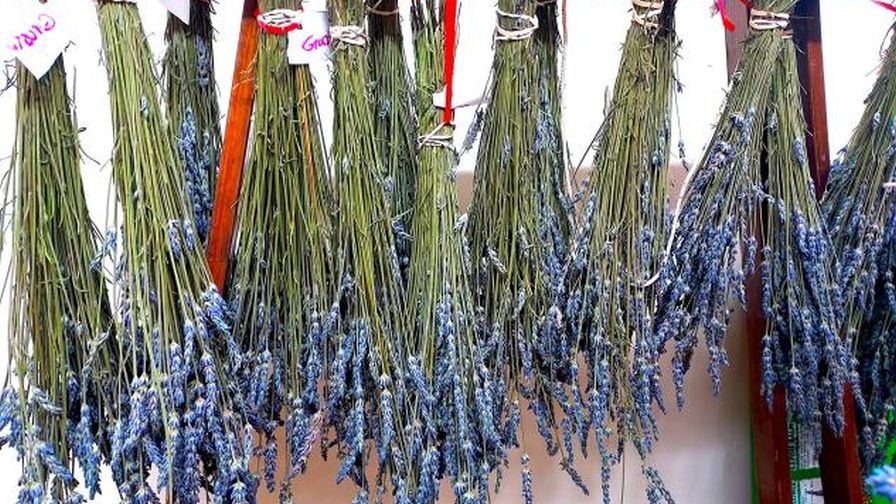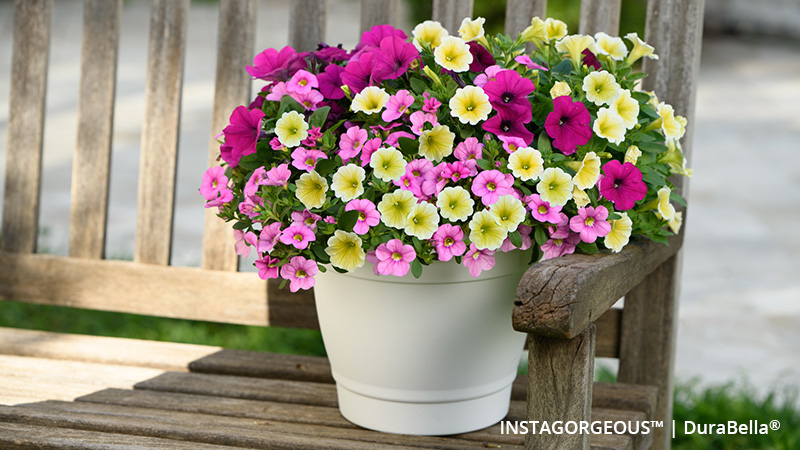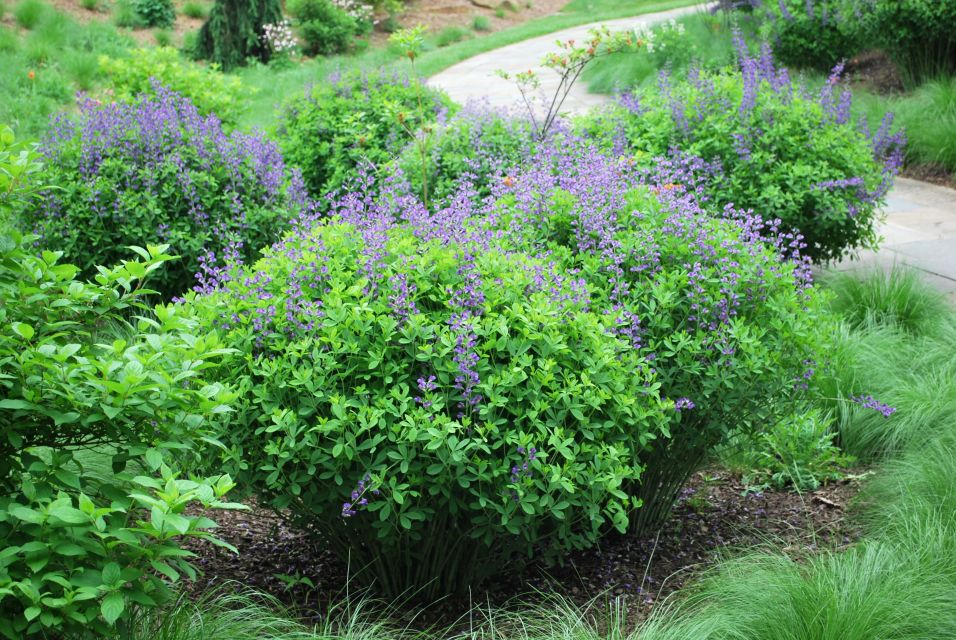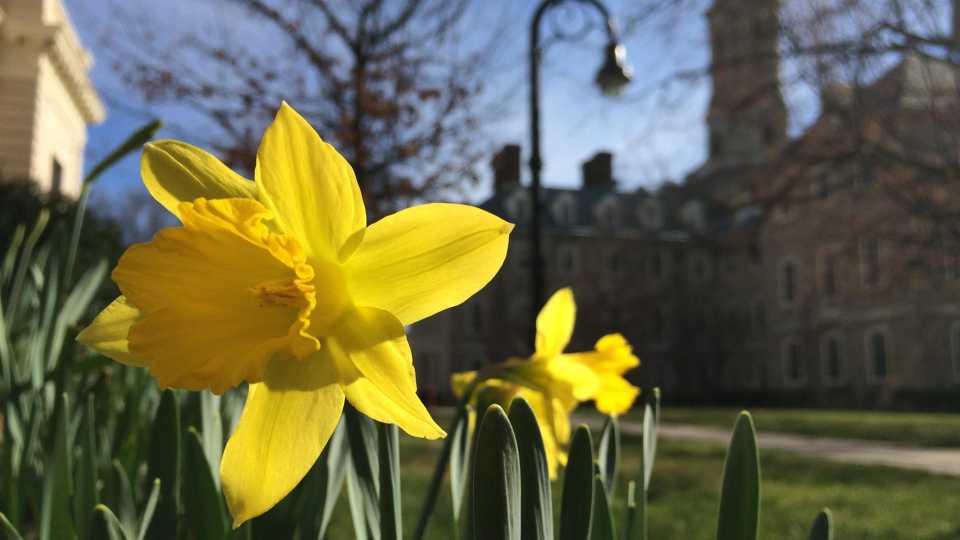Ornamental Growers Will Revolutionize Cannabis Industry, Bruce Knox Says
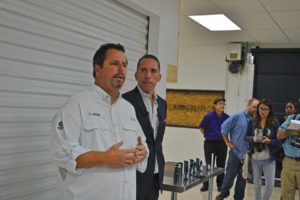 Professional growers have much to offer the emerging cannabis market, according to Bruce Knox, the co-owner of Knox Medical, one of the seven licensed medical cannabis producers in Florida. Greenhouse Grower caught up with Knox earlier this year, after he’d opened his first cannabis dispensary. Here are his thoughts on growing cannabis, and how the experience that ornamental growers have producing plants efficiently and sustainably in greenhouses can change the market.
Professional growers have much to offer the emerging cannabis market, according to Bruce Knox, the co-owner of Knox Medical, one of the seven licensed medical cannabis producers in Florida. Greenhouse Grower caught up with Knox earlier this year, after he’d opened his first cannabis dispensary. Here are his thoughts on growing cannabis, and how the experience that ornamental growers have producing plants efficiently and sustainably in greenhouses can change the market.
Greenhouse Grower (GG): How did your experience as an owner of an ornamental greenhouse operation prepare you for cannabis, and what should ornamental growers who are looking at this industry know?.
Bruce Knox, Knox Medical: The biggest thing I can say is it’s way more complex than what I ever estimated. That’s the first thing to get out to anybody else in the industry that’s looking into doing this. It’s highly complex, and every state has a different regulatory structure or a different roles or things that are important at every stage.
GG: What was surprising to you getting into this industry? What was something that just coming from the ornamental side and getting into an entirely different business, something that has to be traceable versus producing ornamental crops that don’t need to be traceable?
Knox: Probably the biggest surprise to me was the number of consultants out there who specialize in cannabis. Our conventional industry has eight to 10 industry experts who are consultants. There are a lot of experts that charge a lot of money, and what we have found is they know what they know, but they don’t know anything extra. They know about growing inside of warehouse grows; this is an industry that is crawling out from underneath basements and out of garages and out of closets. They don’t really know how to scale a business and run a large-scale operation where margins are a major consideration. Coming from our conventional business, everybody’s margins are razor thin. In cannabis, it’s perceived that the margins are much larger than the conventional ornamental business.
GG: As an ornamental producer with a business background, do you feel you have an advantage over other cannabis producers in that way?
Knox: We feel what Florida did to limit outside participation. In Florida, to be a qualified applicant, you had to be in business for 30 or more years and grow 400,000 or more plants, so that was a statute or requirement coming out of the legislature. We feel that that was very good because it resulted in five businesses that had been able to withstand market demands and knew the scale of business. I really think that there’s going to be a lot of change as to how business is done in the conventional cannabis business, because of what is happening in Florida.
GG: What is your plan for your operation? Do have an end game as far as how large you want to be?
Knox: Florida, again, has a unique business model where there were originally only five license holders, based on water management districts, and they were going to have one licensed cultivator in each one of those water districts. It’s now expanded to seven. But we can have as many dispensaries as we want. We’ve got to expand quickly and, since there’s not that much competition, we also have to be sure that we have the greenhouse production space available to scale our business, and ramp up as we require the patients. As patients sign up and we realize that the demand is outstripping supply, then we would be potentially inclined to expand our footprint. If we don’t do that, then what’s going to happen? The legislature is going to grant more licenses.
GG: As an ornamental grower, it’s probably not easy to get a license, especially in your state, with a limited number, but is it worth all the investment? Is it worth all the trouble?
Knox: That remains to be seen at this point. There has been very gratifying aspects to it, especially when you talk to patients who have exhausted all their other potential medical treatments. Patients have sent me scans where they had colon cancer, for example, and you see the scan prior to cannabis. Everything was black from the cancer, and then eight weeks later, after taking high doses of the cannabis, it was 85% gone.
That’s where the gratification, I think, comes in. It remains to be seen if it’s going to be worthwhile, but if we can help one patient, it’s worthwhile to me. And what drove me down this whole path, as a side note, is that I came from a very structured environment. I’d never even seen a pot plant, and I’d never used it in my life. Both my parents were ex-law enforcement and dad was ex-military, so we believed that this was a demon product. I started researching it, and I thought it was this legislation was for stoners who wanted to get stoned legally and bypass the legal process. And then I started reading and watched a video from {biochemist] Dr. Raphael Mechoulam in Israel, and he said in his video called “The Scientist,” that without a doubt, 100% treatment of epileptic seizures with CBD oil was possible; you just have to take it every day for the rest of your life. My family members have to take heavy pharmaceuticals every day, and it makes them very lethargic and tired and it interrupts their sleep patterns. My family members aren’t on it. Florida has an archaic rule that you have to have a relationship with a prescribing doctor for 90 or more days, but the doctor has to have taken an eight-hour continuing education course and pay a $1,000 fee, which is the most for any continuing education hours required for a doctor, and by far the highest fee that has to paid to the state. So doctor adoption has been very slow. There’s 50,000 doctors in the state of Florida, and only approximately 600 have taken the course to be able to recommend it.
GG: Do you see that relaxing at all, as the medical cannabis proves itself, or are you not sure?
Knox: I think it’s going to change. But it’s hard to tell a cancer patient or someone who has a terminal condition who has been given less than a year to live, that they have to wait 90 days to get medical cannabis to try to treat their problem. There was a newspaper article that came out up in Tallahassee, where a patient died at day 89 before he could get his cannabis medication at day 90. And I think that that seed is growing in the minds of the legislature that maybe we need to change this rule. With all the regulatory issues, it’s like trying to hit a moving target in Florida, and I’m sure it’s not dissimilar in every state.
GG: As a grower, do you think that ornamental growers, and especially those who grow in greenhouses, have something to offer to the rest of the cannabis industry, as far as plant growing expertise? With the lack of crop protection labeled for cannabis, and the ability to produce plants in a greenhouse, what do you think that we can lend to the cannabis industry?
Knox: I think it’s exactly what you said. Again, this is an industry that’s been crawling out of closets and basements. One of our conventional consultants gave me some words of advice: All of the cannabis consultants try to make you believe that this is the hardest crop to grow. But it’s known as weed for a reason. He said, “Bruce, you grow thousands of different species of plants in different sizes and everything that you know, just keep in mind, it’s a plant, and you’ll be able to figure it out.”
And that’s why I think this industry is going to revolutionize the cannabis market. There are some major ornamental growers who have taken a look at it and who have applied, and I have confidence that with conventional growers jumping, they’re going to put some people out of business who are doing some archaic methods of production. Ornamental plant growers are going to change this industry.
Stay tuned to GreenhouseGrower.com for more news on the developing cannabis market in greenhouse production.





